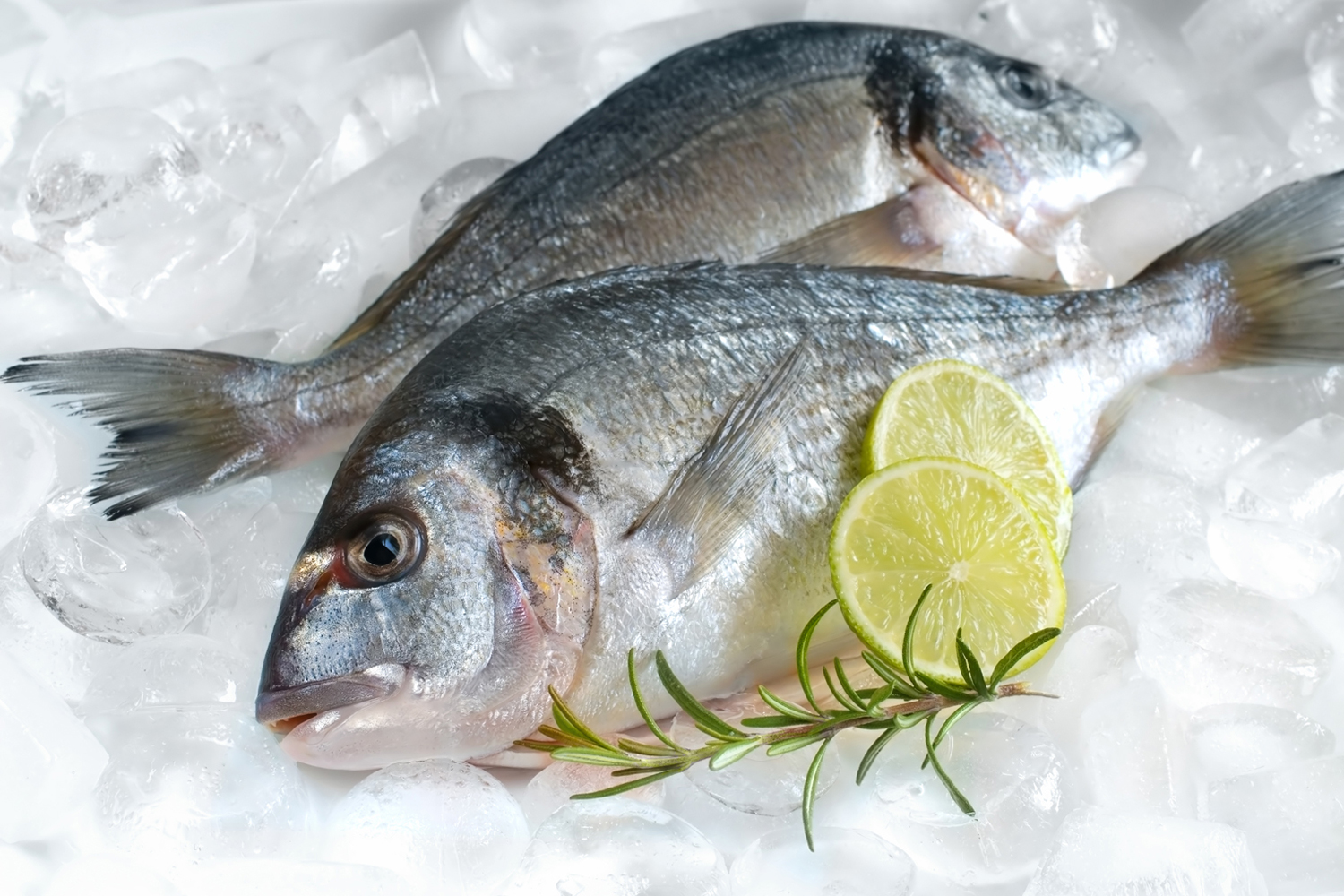DIETS THAT INCLUDE FATTY FISH, such as salmon and sardines, are famous for reducing the chance of heart disease, but two nutrients in these fish—omega-3 fatty acids and vitamin D—may also help lower cancer risk.
Omega-3 fatty acids are unsaturated fats that are abundant in certain fish and help reduce chronic inflammation, according to Amy Bragagnini, a clinical oncology dietitian at Trinity Health Lacks Cancer Center in Grand Rapids, Michigan. Chronic inflammation may lead to cancer cell development.
Fatty fish also can be a significant source of vitamin D. While research has been mixed, some observational studies examining the long-term eating habits and serum vitamin D levels of large groups of people found higher vitamin D levels were associated with reduced risk of colorectal cancer and, to a lesser extent, bladder cancer. Moreover, lower vitamin D levels have been linked with higher overall cancer mortality among both people with cancer and the general population.
Lab studies on animals and human cells suggest vitamin D may strengthen the immune system, prevent the growth of blood vessels that tumors need to grow, and promote the death of unwanted cells, according to Anke Wesselius, a nutrition oncology epidemiologist at Maastricht University in the Netherlands.
Try these types of fish for your fill of omega-3 fats and vitamin D.
The American Institute for Cancer Research recommends limiting red meat and eating little, if any, processed meat. “Substituting fish can help you move away from meat,” says Amy Bragagnini, a clinical oncology dietitian at Trinity Health Lacks Cancer Center in Grand Rapids, Michigan. She recommends eating a weekly total of 8 ounces of any of these fish rich in omega-3 fats and vitamin D:
- Atlantic mackerel
- Light tuna
- Rainbow trout
- Salmon
- Sardines
- Striped bass
Wesselius led a study published August 2023 in Clinical Nutrition that examined food intake records from nearly 520,000 individuals to assess vitamin D’s impact on bladder cancer risk. Researchers found eating more vitamin D-rich foods, along with low amounts of calcium and moderate phosphorus, was associated with a lower risk of bladder cancer. Fatty fish was a top source of vitamin D in participants’ diets, along with fortified milk and meats, according to Wesselius.
Amy Bragagnini, a clinical oncology dietitian at Trinity Health Lacks Cancer Center in Grand Rapids, Michigan, offers these tips to minimize seafood’s “fishy flavor”:
- Rinse fish to remove surface bacteria that contribute to unwanted flavor.
- Soak fish in milk for about 30 minutes before cooking.
- Add a squeeze of lemon juice before serving.
A single nutrient’s ability to be absorbed and activated in the body often depends on other nutrients, according to Wesselius. “In the case of vitamin D, it is strongly linked to calcium and phosphorus, so it’s important to consider the effects of vitamin D in context [of the whole diet],” she says. Healthy fats and vitamin D from fish or other foods should be part of a balanced diet, along with nutrients from a variety of fruits, vegetables, lean proteins and whole grains, Bragagnini notes. “Following a healthy diet pattern is the best way to support your immune system and help lower the risk of cancer,” she says.
Cancer Today magazine is free to cancer patients, survivors and caregivers who live in the U.S. Subscribe here to receive four issues per year.





